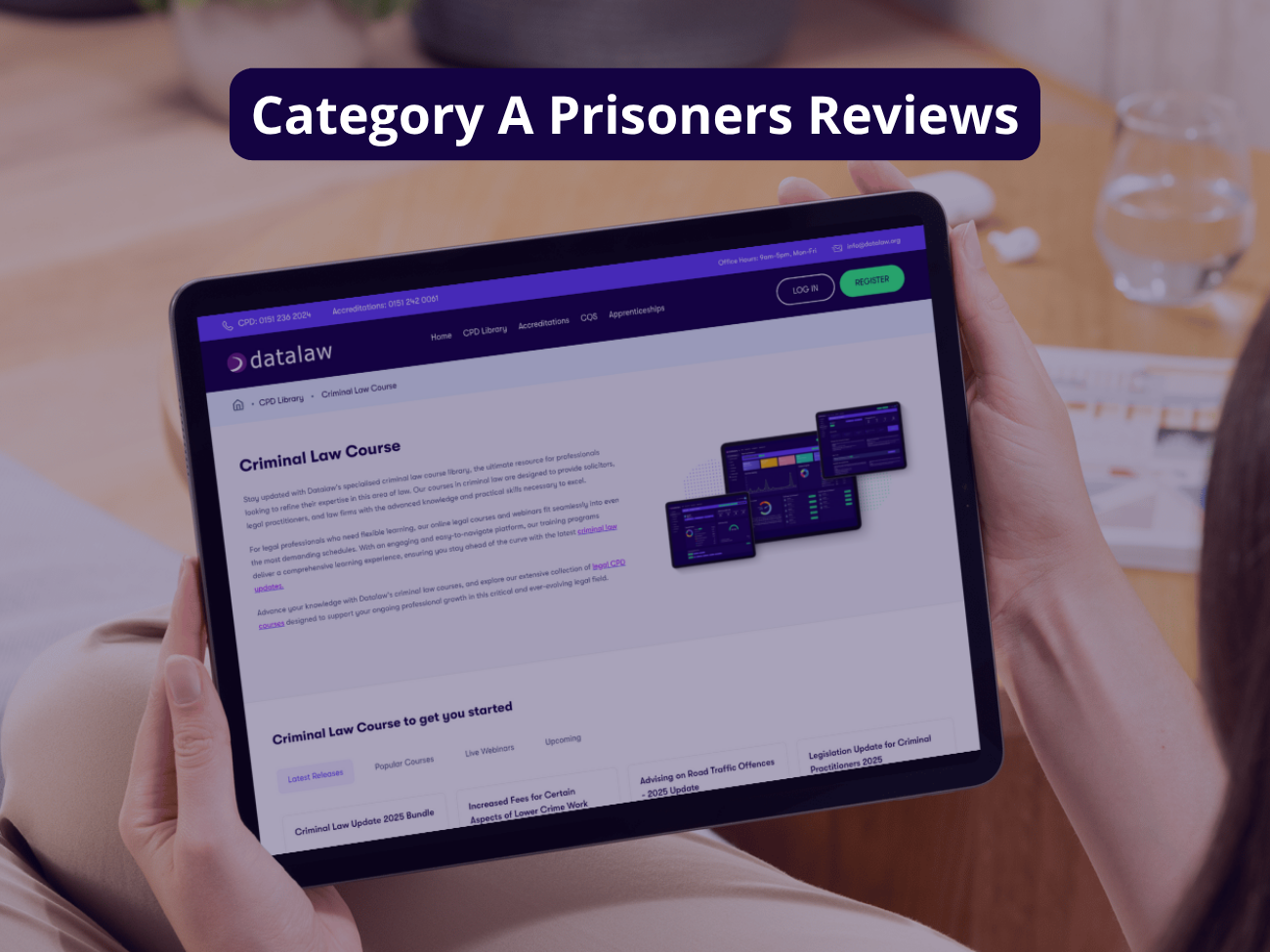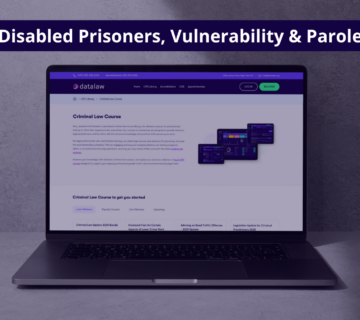In the United Kingdom, the security classification of prisoners is a matter of utmost importance, especially when it comes to Category A inmates, those considered to pose the greatest threat to the public, police, or national security. The annual review process for these individuals is both comprehensive and critical, designed to assess their risk and determine the appropriateness of their classification meticulously.
Download Our Free “Category A Prisoners Reviews” E-Book
Understanding the Review Process
The review process begins with a thorough collection of reports and assessments from various sources, including prison officers, psychologists, and external agencies. These documents form a dossier that is critically evaluated by the Local Advisory Panel, consisting of experienced professionals who advise on the prisoner’s current risk level and the potential for reclassification.
Criteria for Downgrading: A Closer Look
The decision to downgrade a Category A prisoner is not taken lightly. It requires convincing evidence of a significant reduction in the individual’s risk to society. This evidence must be robust and compelling, demonstrating clear and sustained changes in the prisoner’s behavior and attitude. Despite the rigorous review process, the rate of downgrading remains notably low, reflecting the system’s commitment to public safety and security.
The Role of Expert Evidence
Expert evidence plays a pivotal role in the review process. Psychologists and other specialists provide insights into the prisoner’s mental state, risk of reoffending, and the effectiveness of rehabilitation programs. This expert input is crucial for making informed decisions about a prisoner’s security classification.
Oral Hearings and Legal Frameworks
Under certain conditions, oral hearings may be granted to allow for a more in-depth examination of the case. These hearings are considered based on specific policy guidelines and are influenced by case law, which underscores the importance of procedural fairness in the decision-making process. The courts have established precedents that ensure oral hearings are used appropriately, balancing the need for security with the rights of the individual.
Case Law and Procedural Fairness
The legal framework surrounding Category A reviews is complex, involving various statutes and case law that dictate how reviews should be conducted. These legal precedents ensure that the review process is not only thorough but also fair, providing mechanisms for challenge and appeal that uphold the principles of justice.
Balancing Security and Fairness
The annual review process for Category A prisoners in the UK is a testament to the country’s dedication to maintaining public safety while ensuring that the rights of prisoners are respected. The low rate of downgrades underscores the system’s caution and commitment to security, while the incorporation of expert evidence and legal safeguards ensures that each decision is made with fairness and integrity. As the system continues to evolve, it remains a critical component of the UK’s approach to managing its most high-risk prisoners.
Datalaw’s Category A Prisoners Course
Enhance your legal expertise with DataLaw’s specialised CPD course on Category A Prisoners. This course offers an in-depth exploration of the complex legal framework surrounding the management and review processes for Category A prisoners in the UK. Tailored for legal professionals seeking to deepen their understanding or expand their practice into prison law, this course provides valuable insights and practical knowledge. Embrace the opportunity to refine your skills and navigate the intricacies of prison law with confidence. For more information, visit Datalaw Online’s course page on Category A Prisoners.



